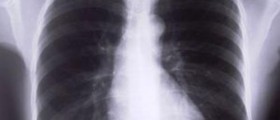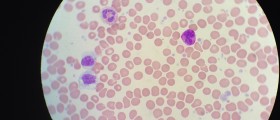
Night sweats or sleep hyperhidrosis is a problem that qualifies as a sleep disturbance. Depending on the extent it can be a mild nuisance or a major factor for insomnia. Some people become very stressed because they sweat a lot at night and some become worried that it might be a sign of a serious problem.
Excessive sweating at night can be associated with daytime sweating, but not necessarily, as some people suffer from it only at night. This problem can occur at any age, but it is commonly seen in early adulthood.
Causes of night sweats
If the night sweats occur if the bedroom or the covers are very warm or hot, then the sweating is considered to be just a normal reaction of the body to the heat and it is nothing to worry about. However, if the room temperature is normal, sweating may indicate a problem.
Women who are going through menopause often sweat at night. In this case sweating is not considered a problem, just a side effect of the changes that the body is going through.
Since sweating is the body’s way of cooling down, sweating can be expected after a day full of intense physical activity, and it can also result from emotional stress. Sweating can even occur after having very spicy and hot food for dinner, or after a hot cup of tea.
Night sweats caused by medications
Certain medications list night sweats as one of their side effects. Sweating at night is often seen in people who take antidepressants, and it also occurs after taking antipyretics, which are medications that lower the temperature and are used to treat fever.
Night sweats may also occur in people who are on hormone therapy or who take medications for lowering the blood sugar levels, called hypoglycemic agents.
Conditions associated with night sweats
In most cases, night sweats are caused by a simple and harmless factor. However, this may also be a symptom of a condition or a disease, and in that case the underlying cause needs to be discovered and treated.
Some of the conditions that may include night sweats as a symptom include brucellosis, hyperthyroidism, myelofibrosis, tuberculosis, syringolyelia, osteomyelitis, endocarditis, HIV/AIDS, autonomic neuropathy, stroke and some forms of cancer.
The first thing to do if night sweats occur is to remove the blankets and change the pajamas. If the sweating stops, the cause is evident.
However, if the night sweats persist, if they interrupt with normal sleeping and if they are accompanied by other symptoms, like fever or weight loss, it may be good to see a doctor.

















Your thoughts on this
Loading...